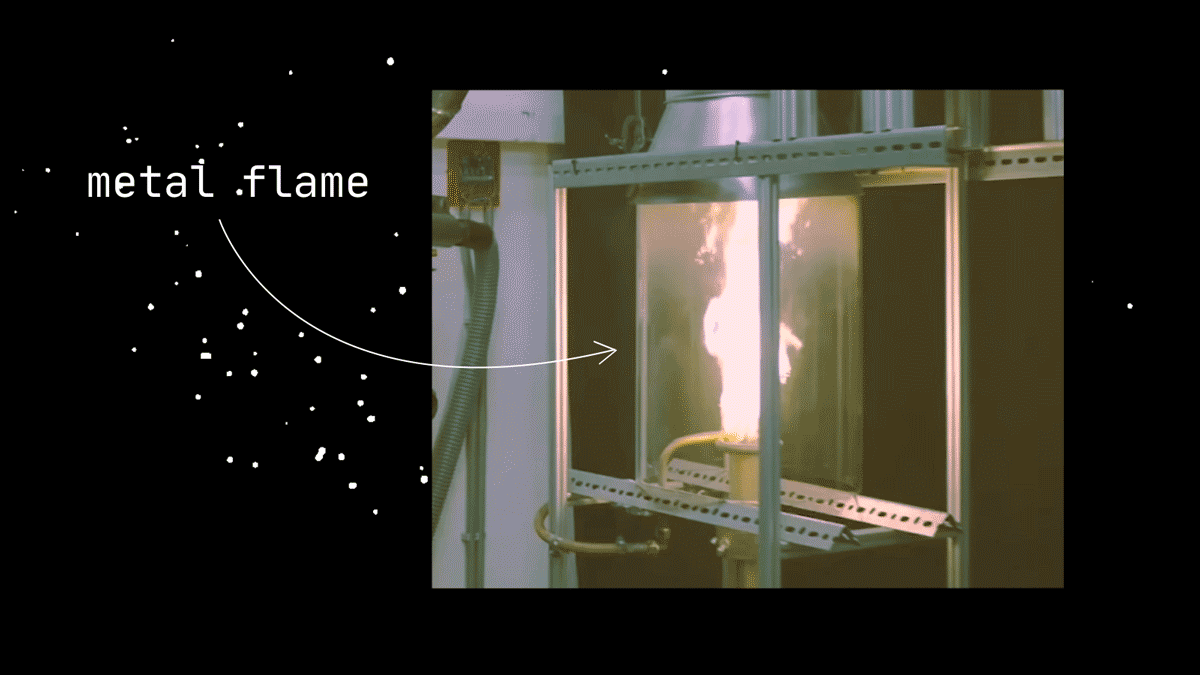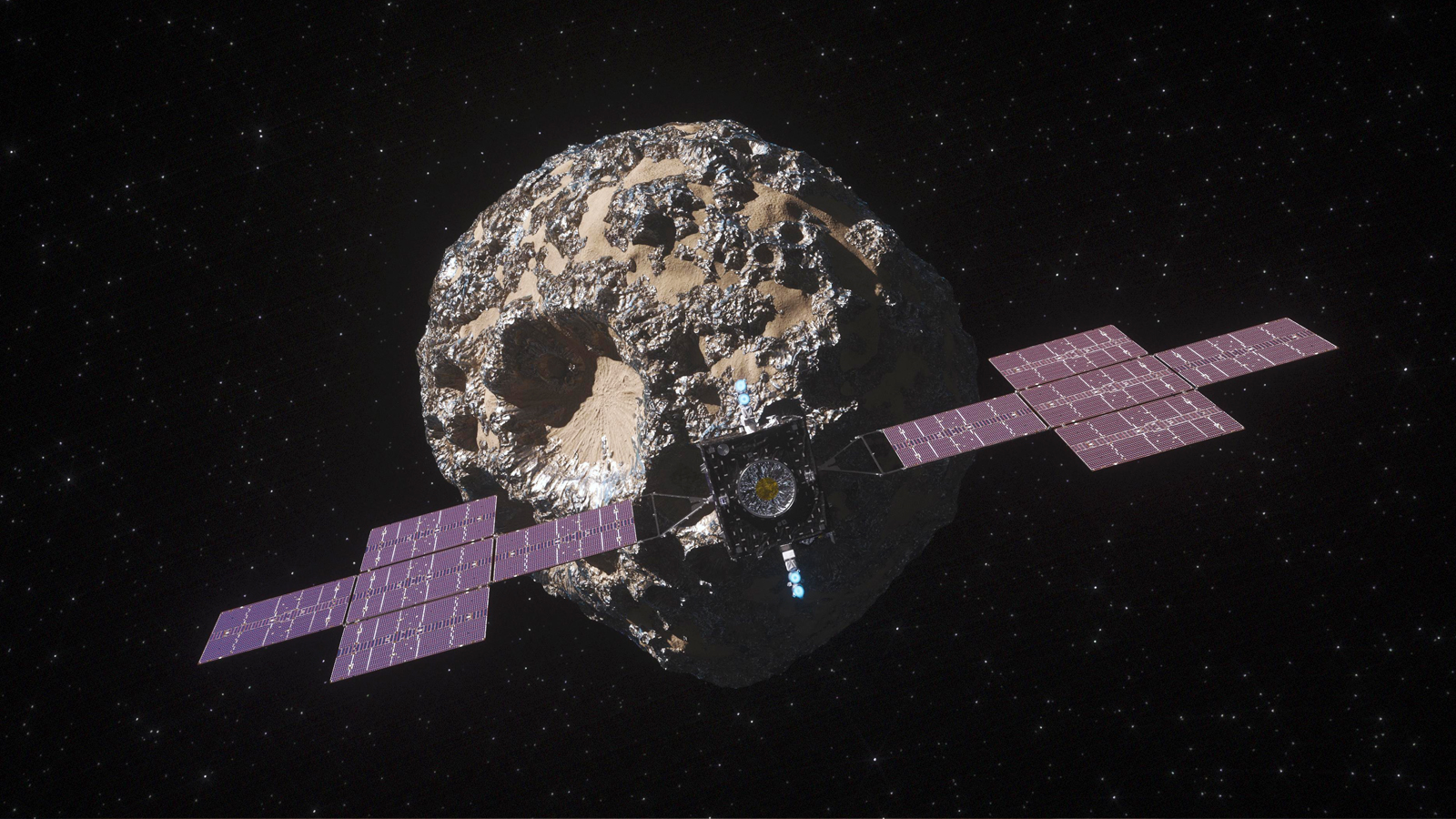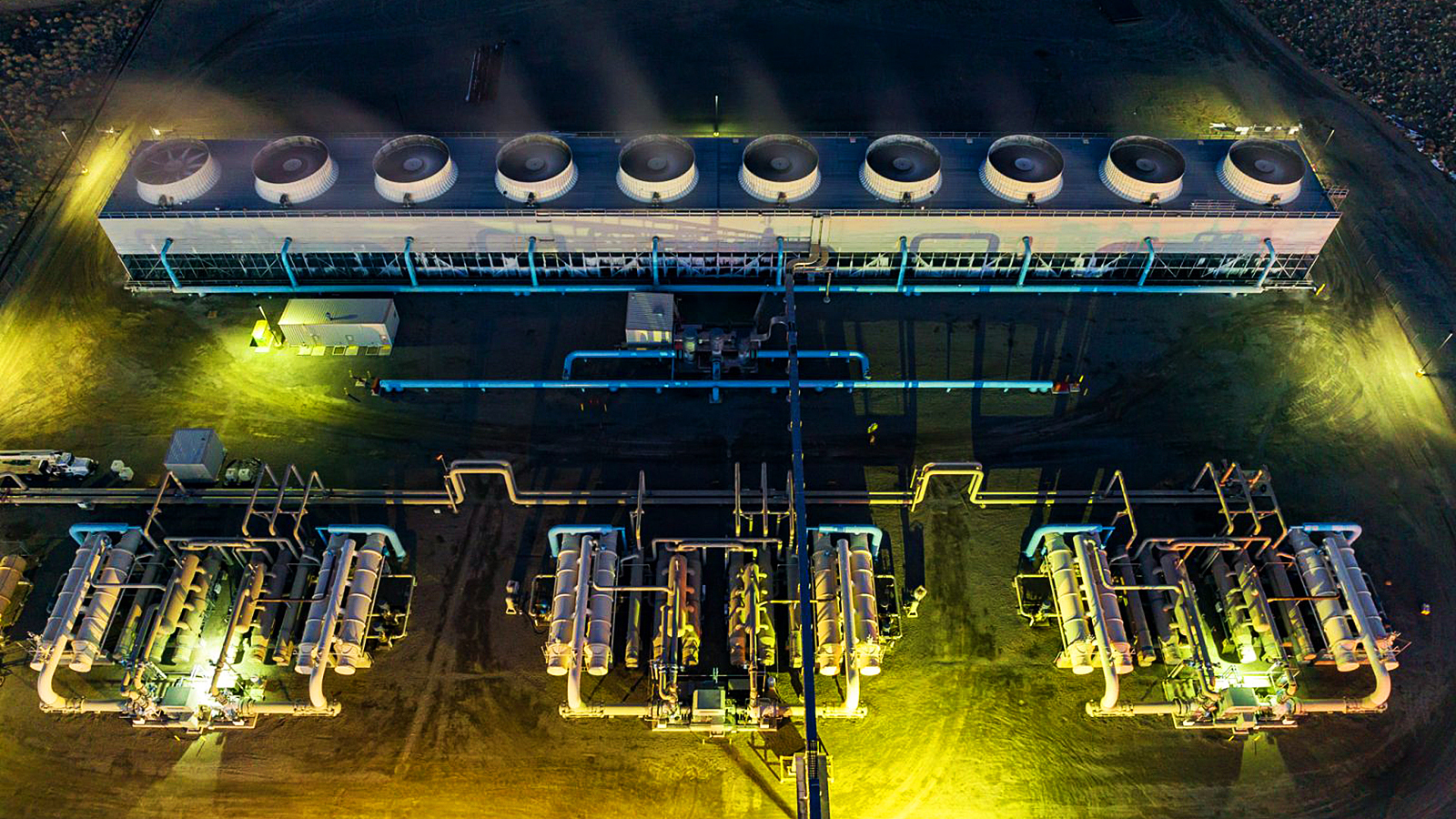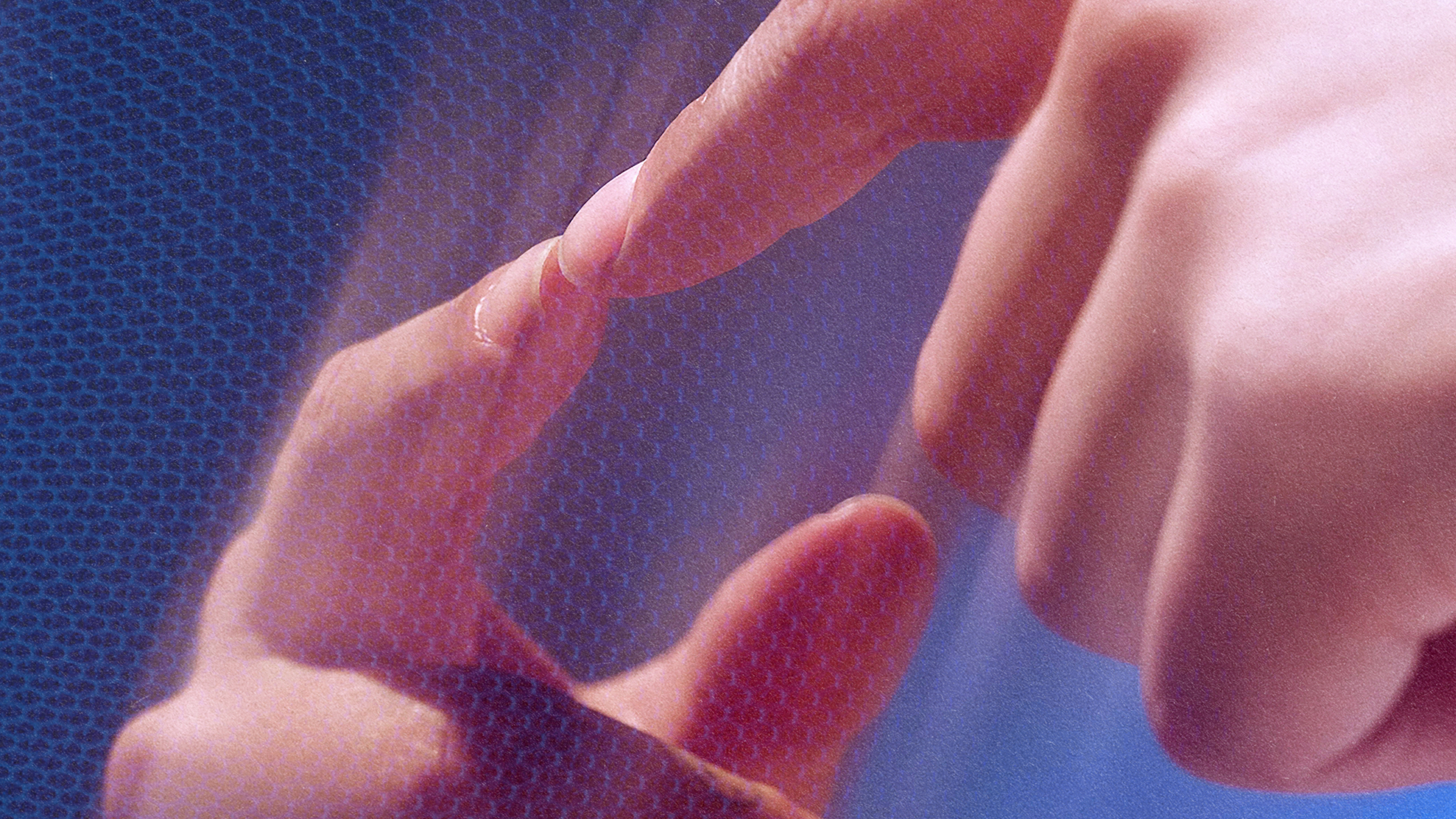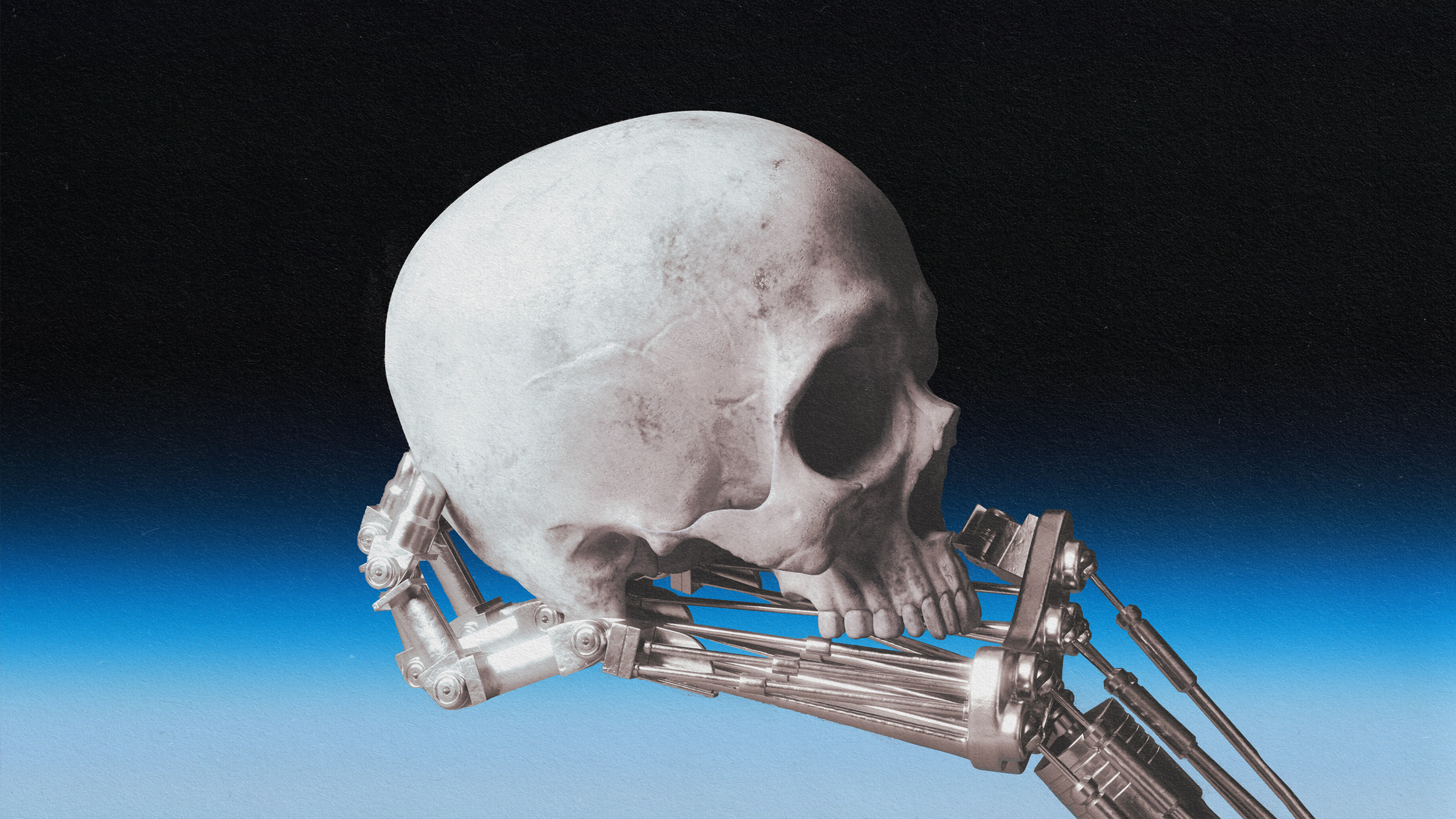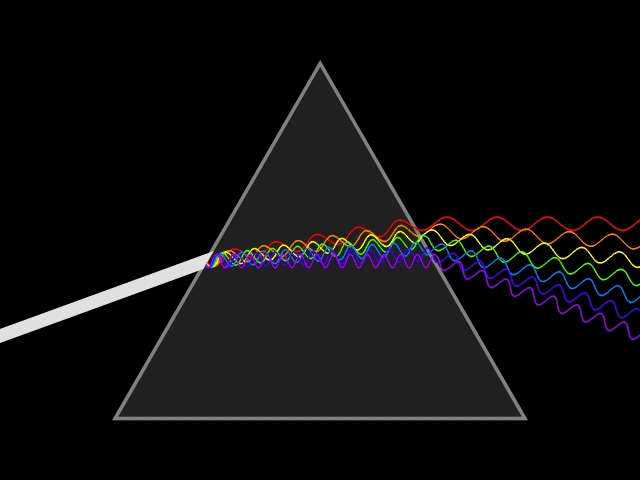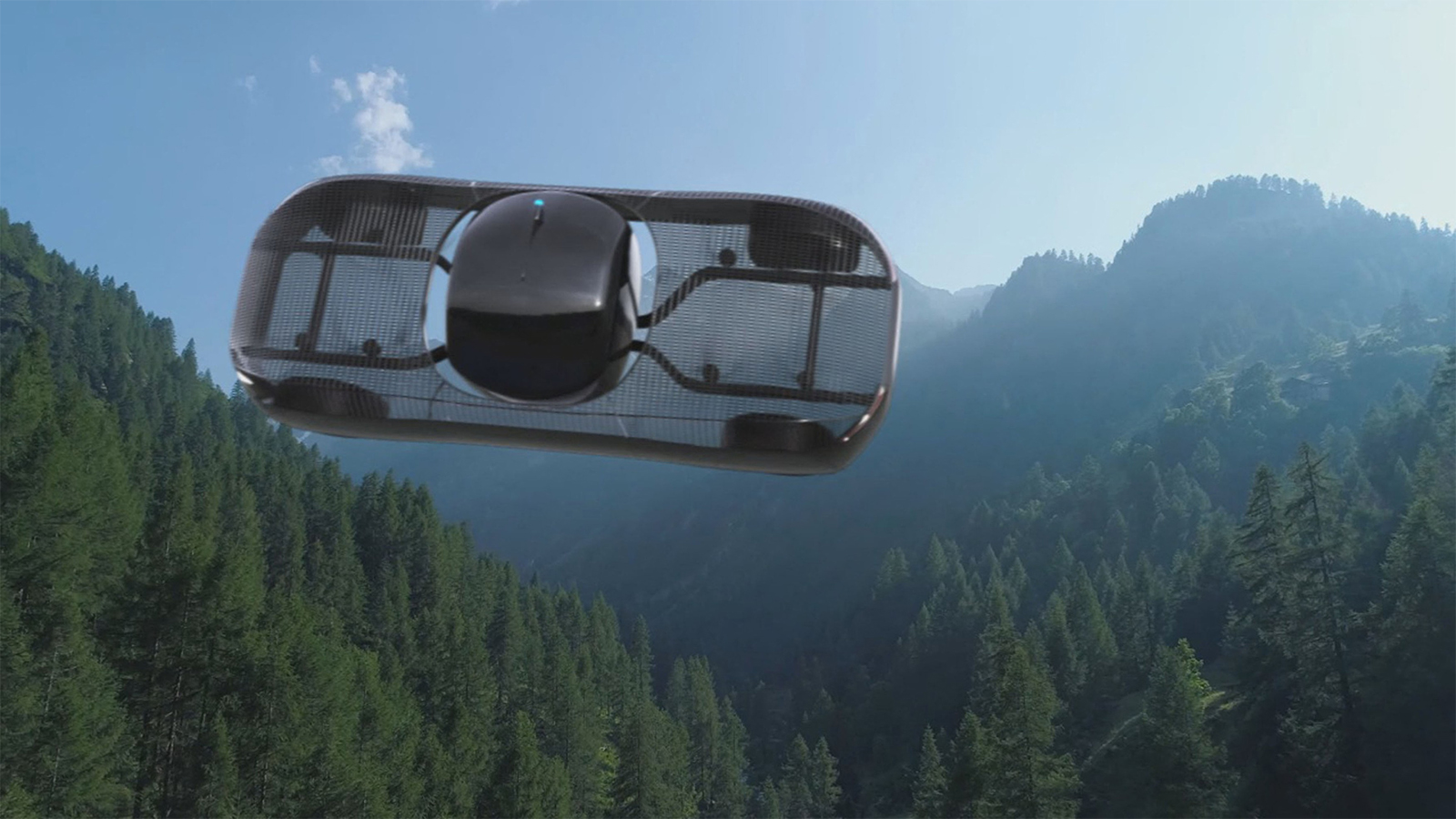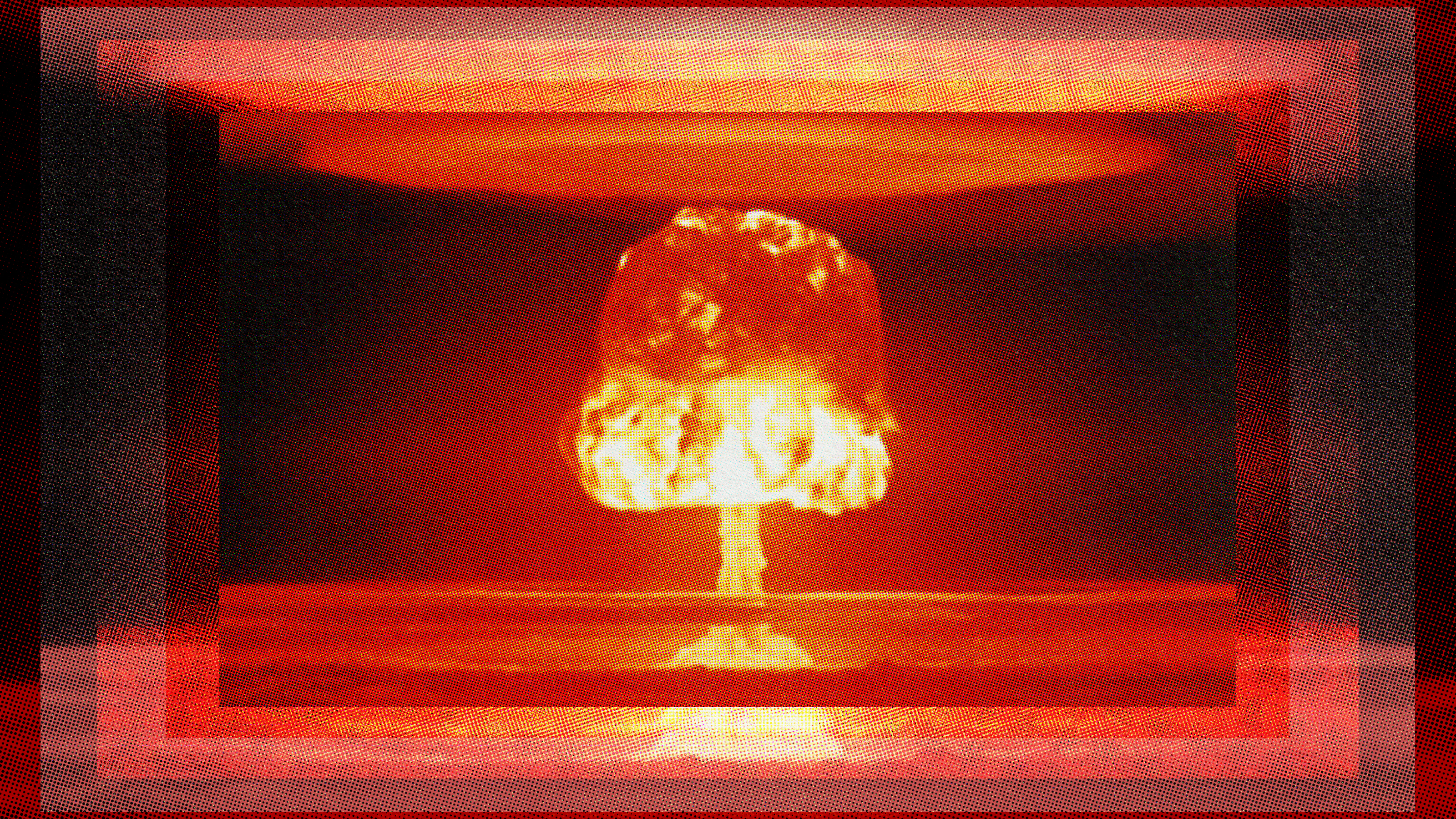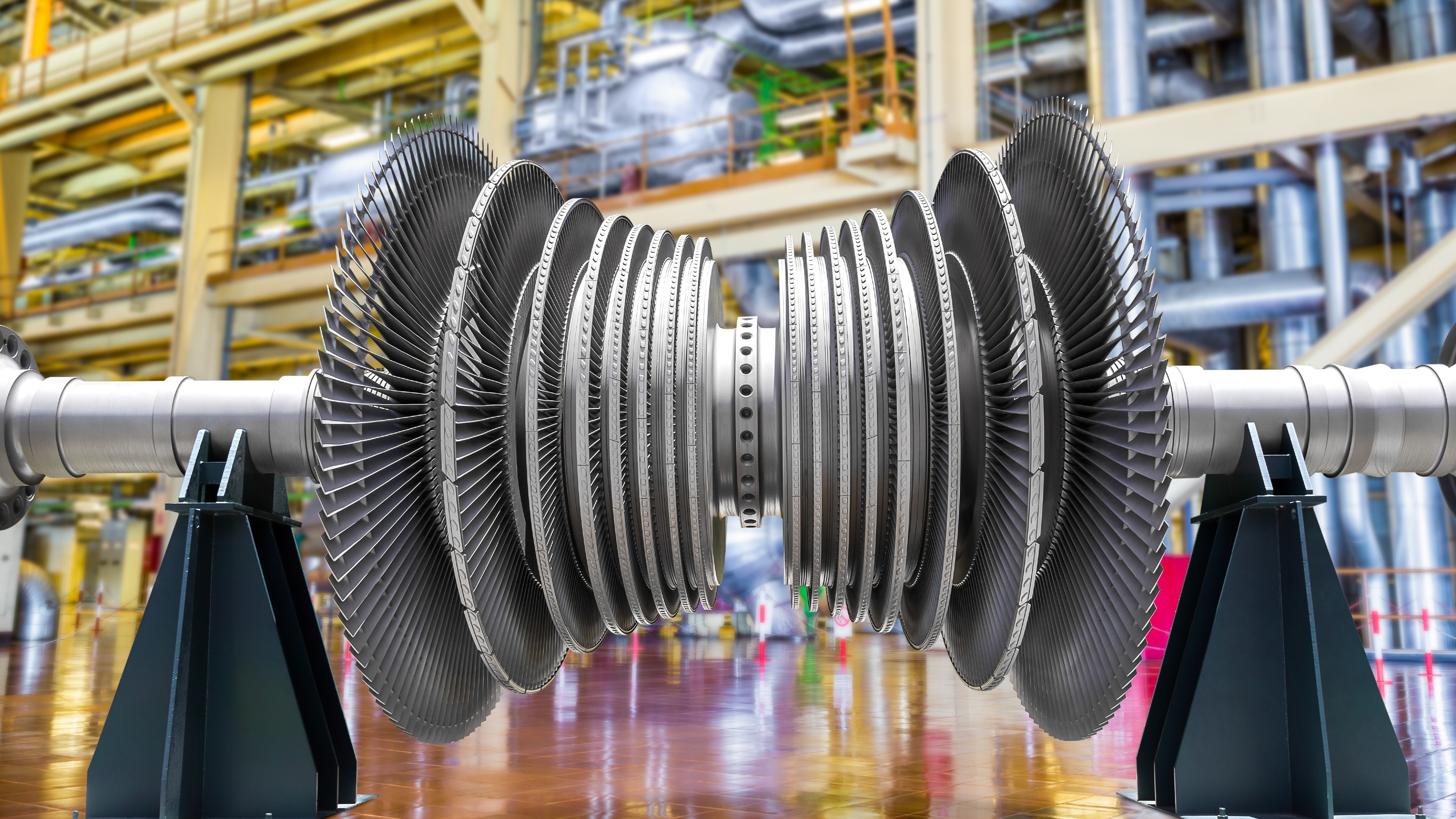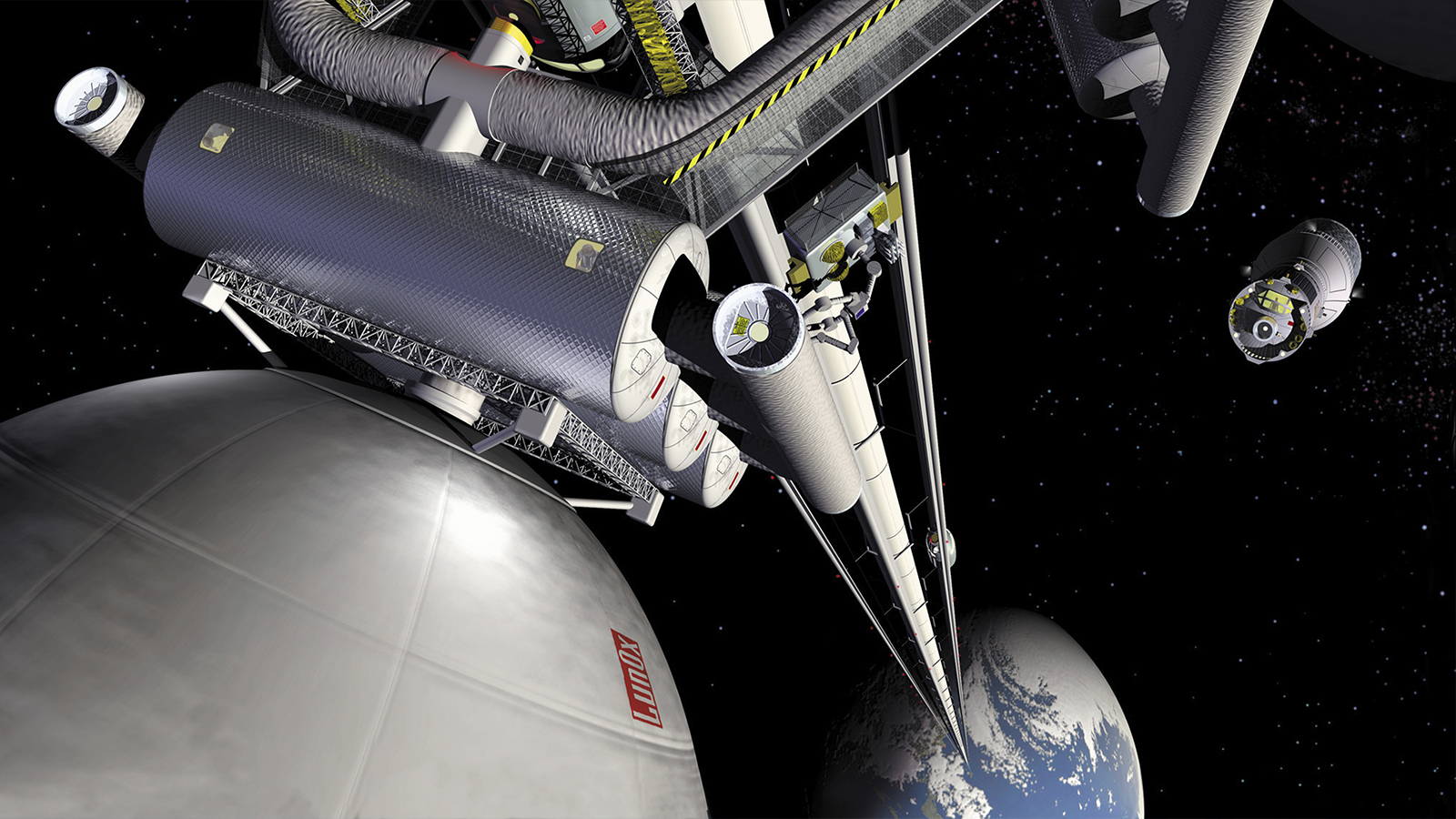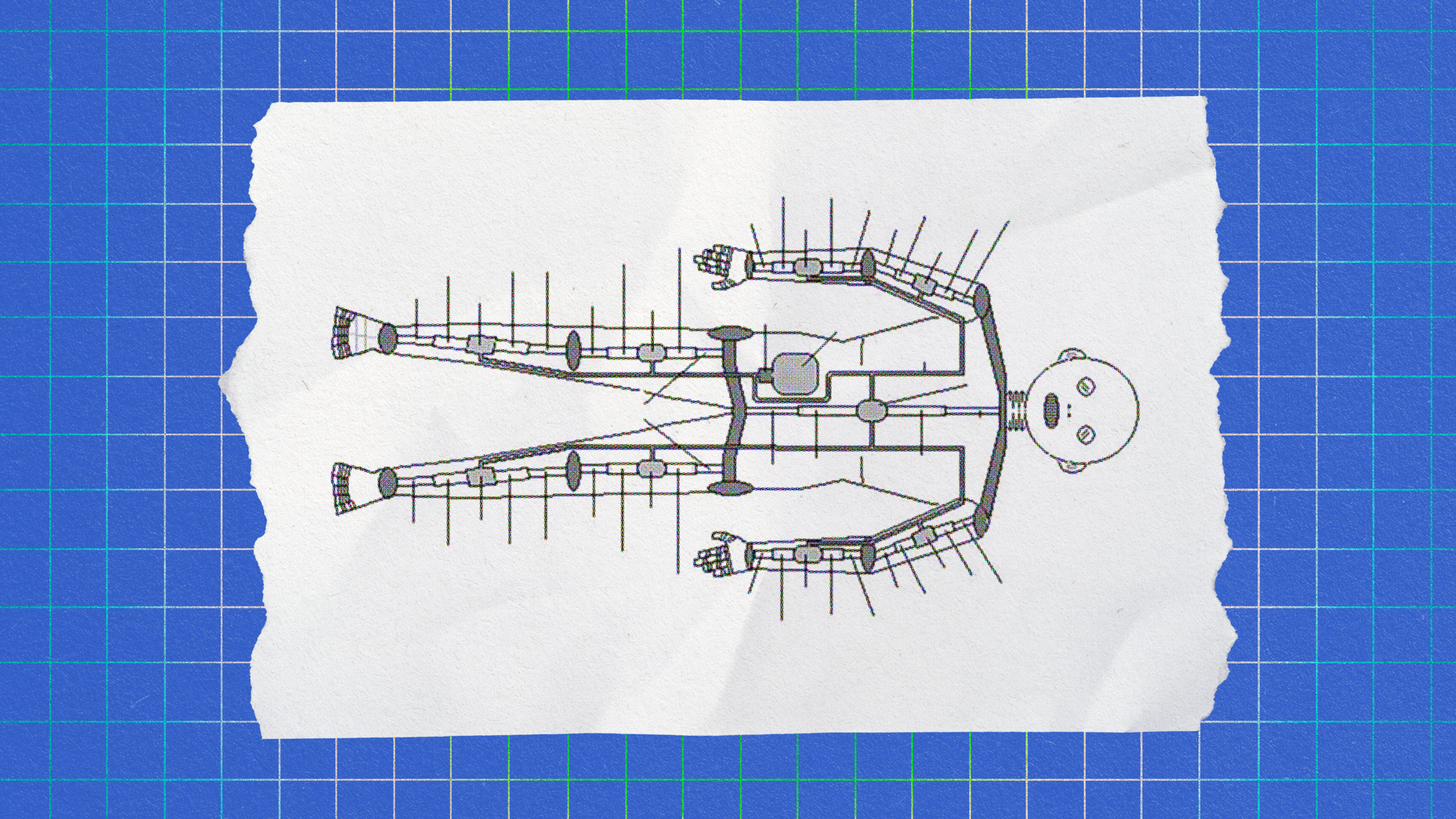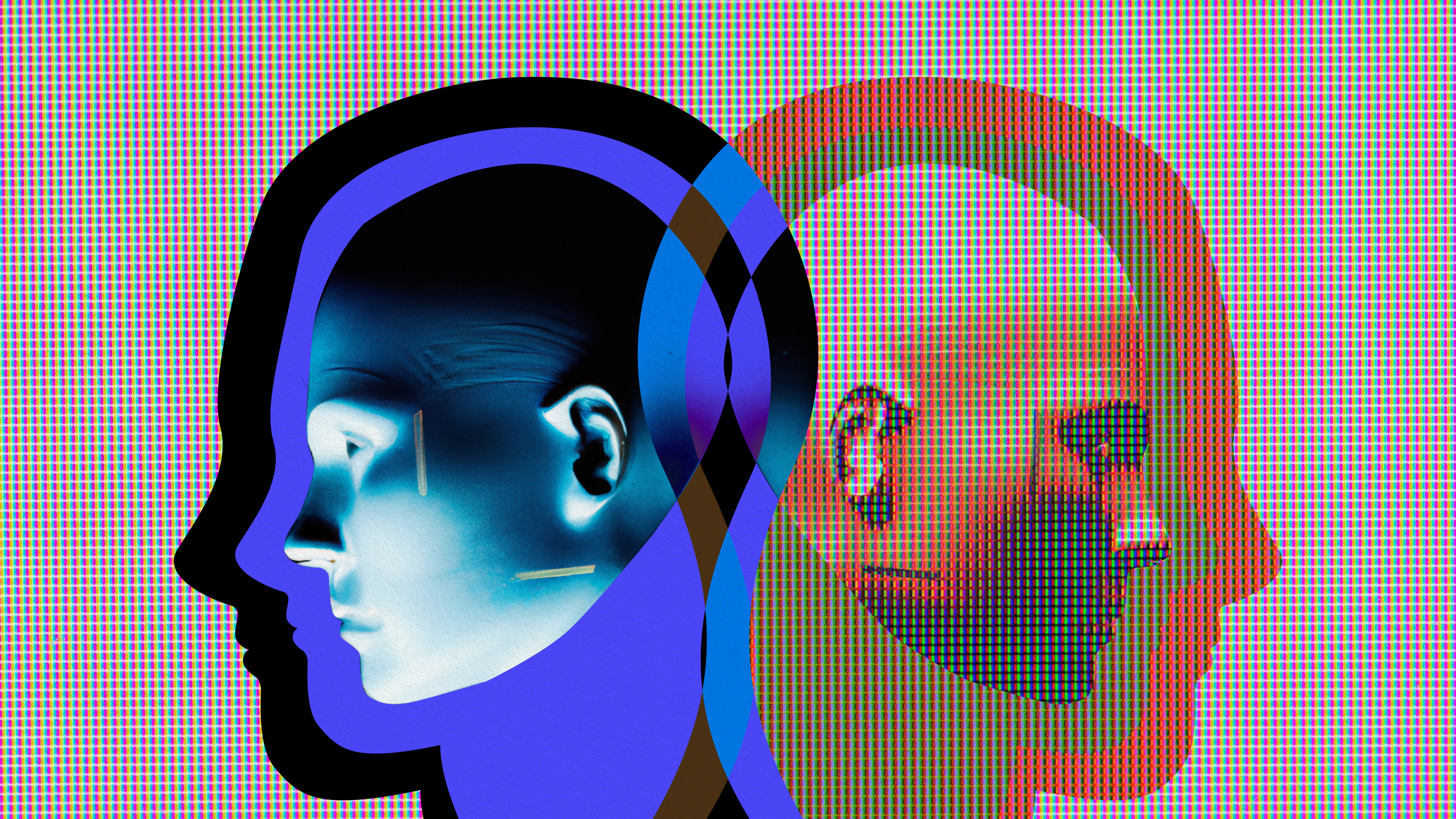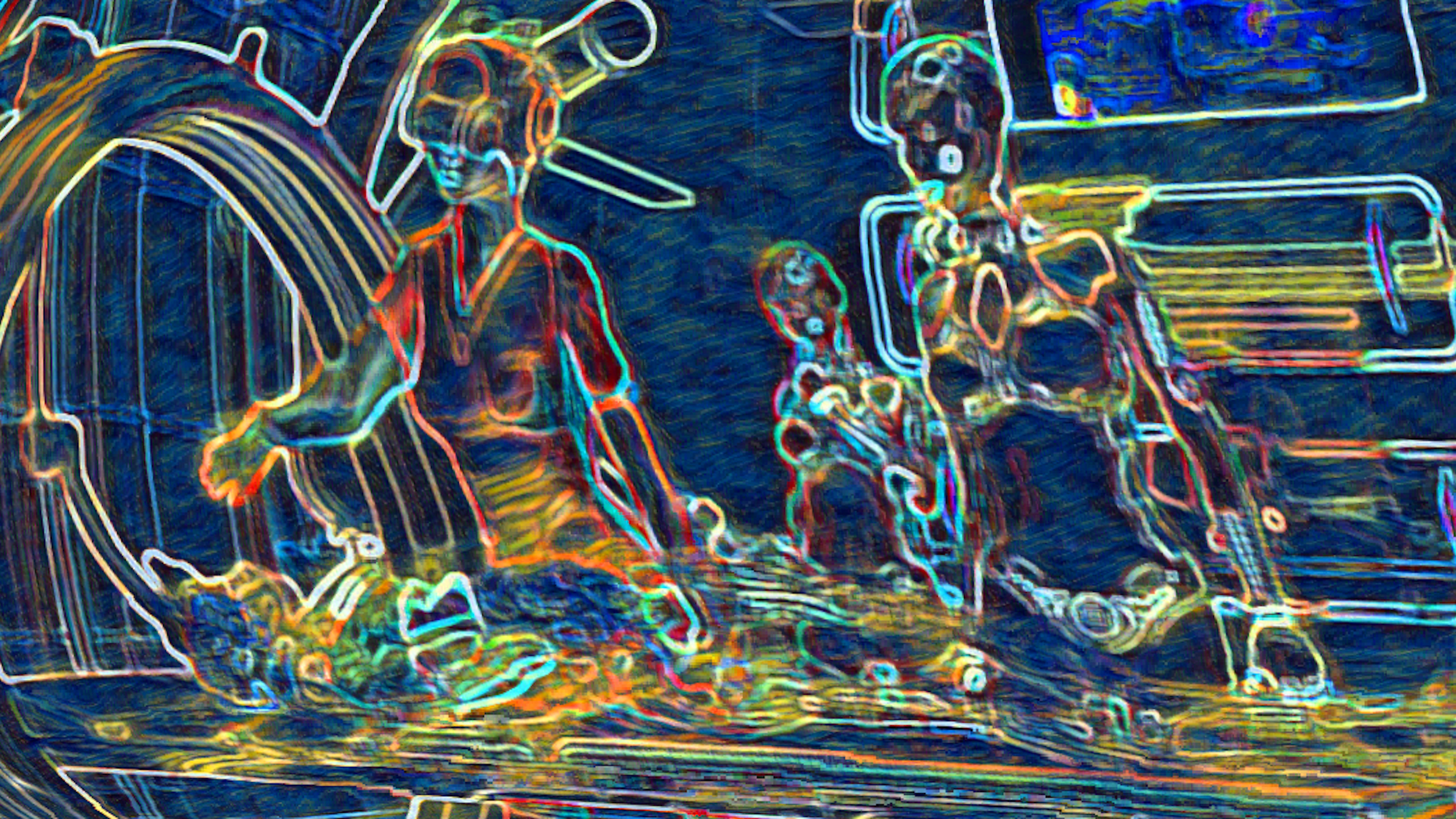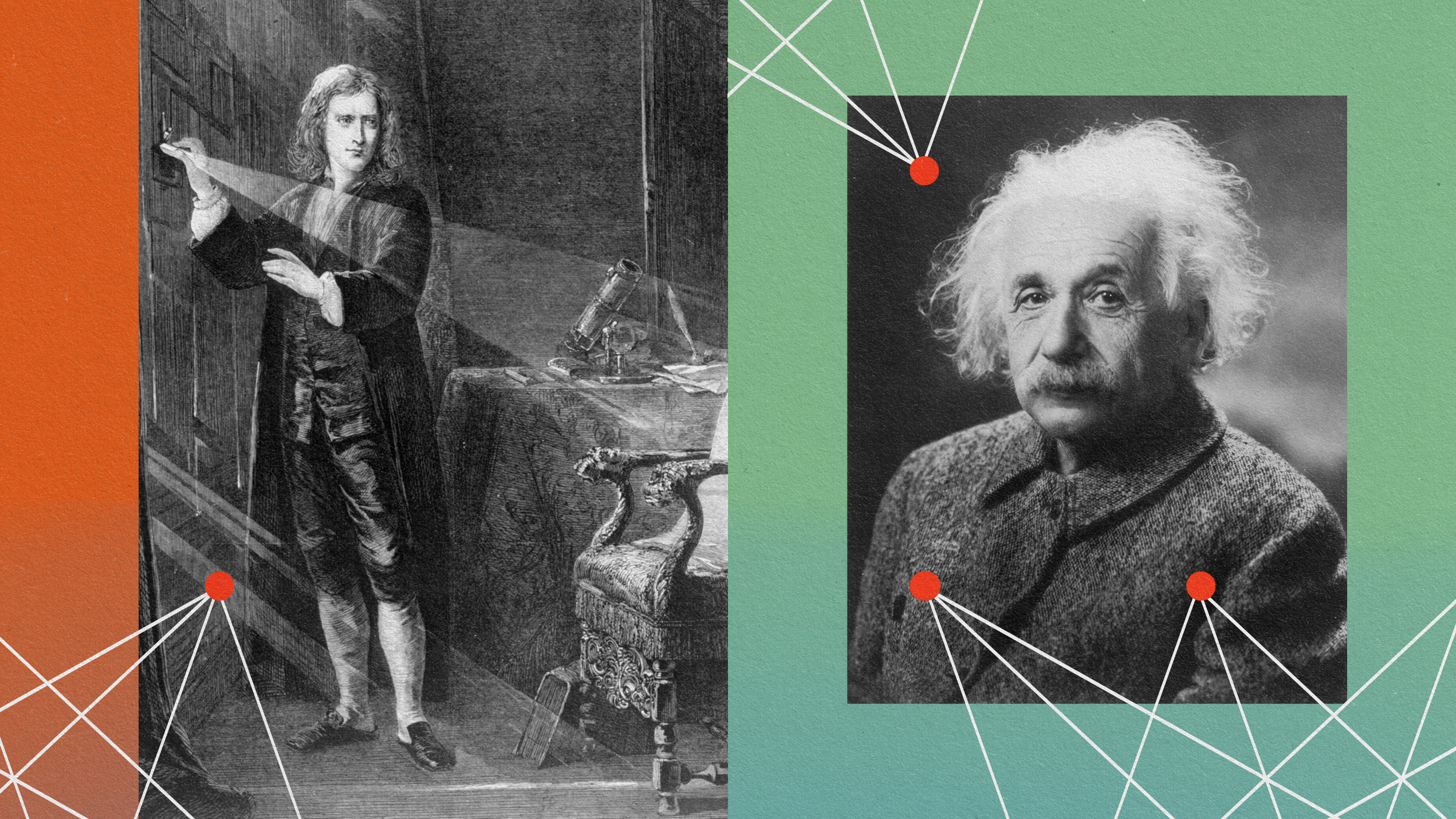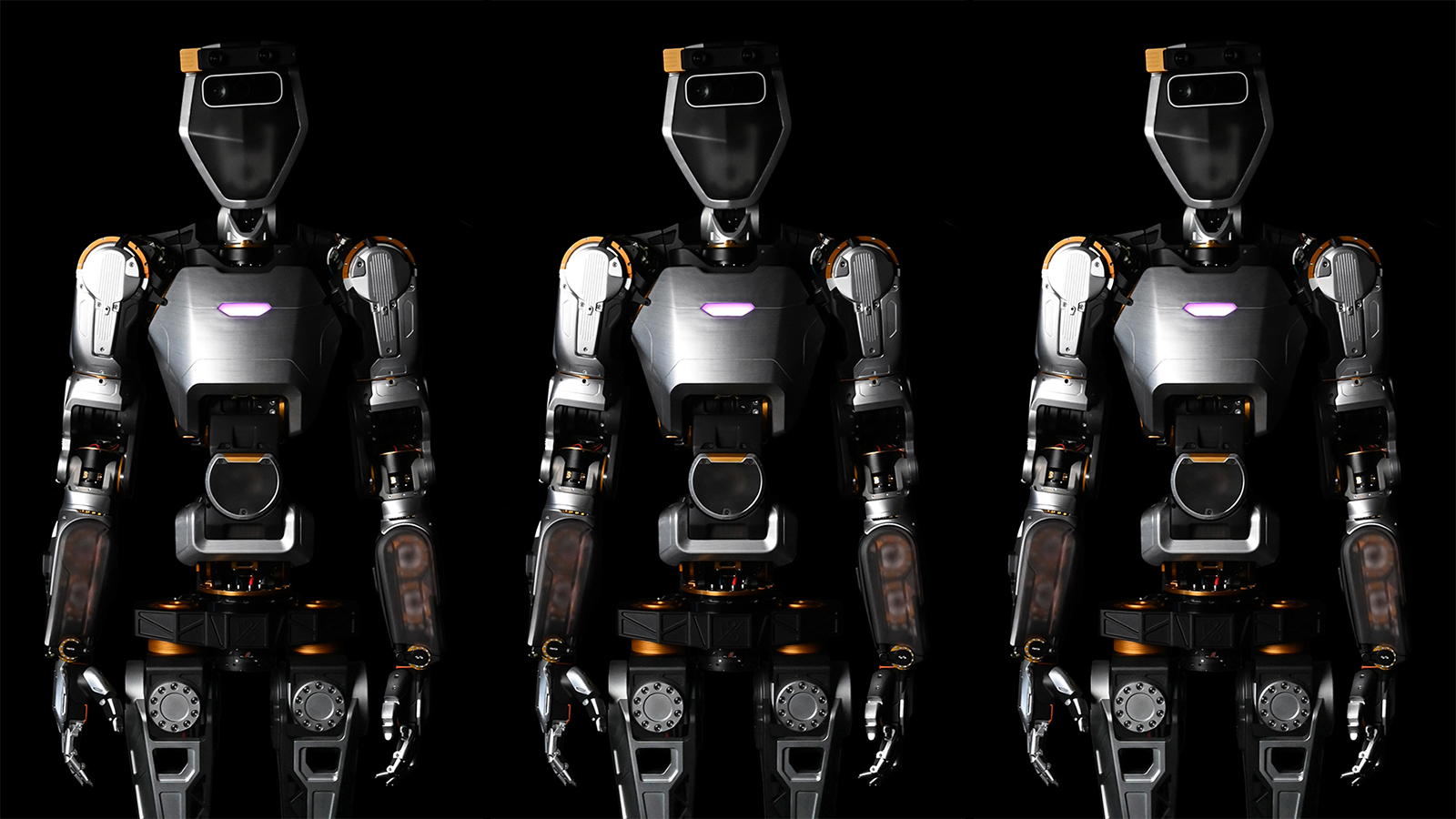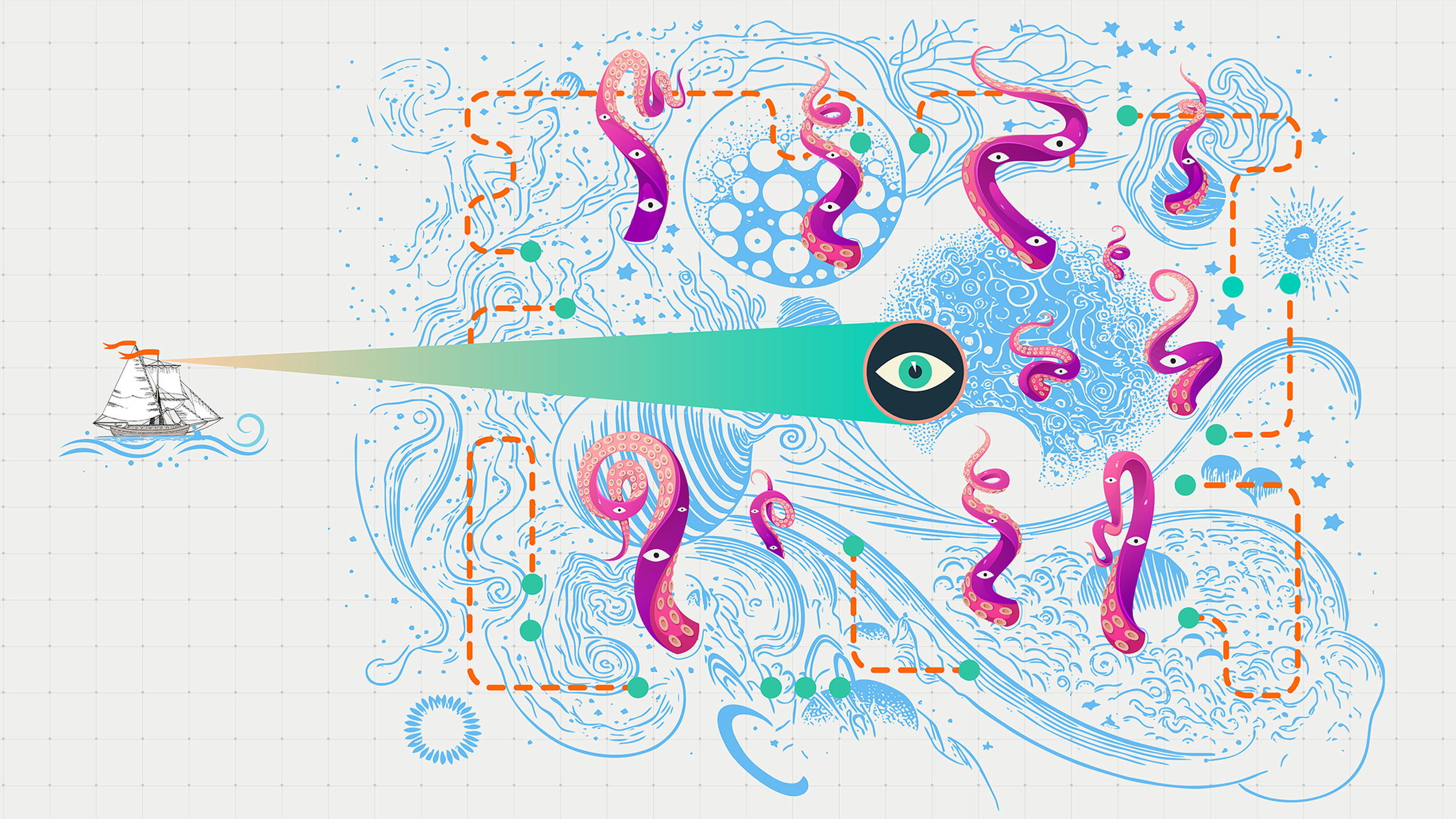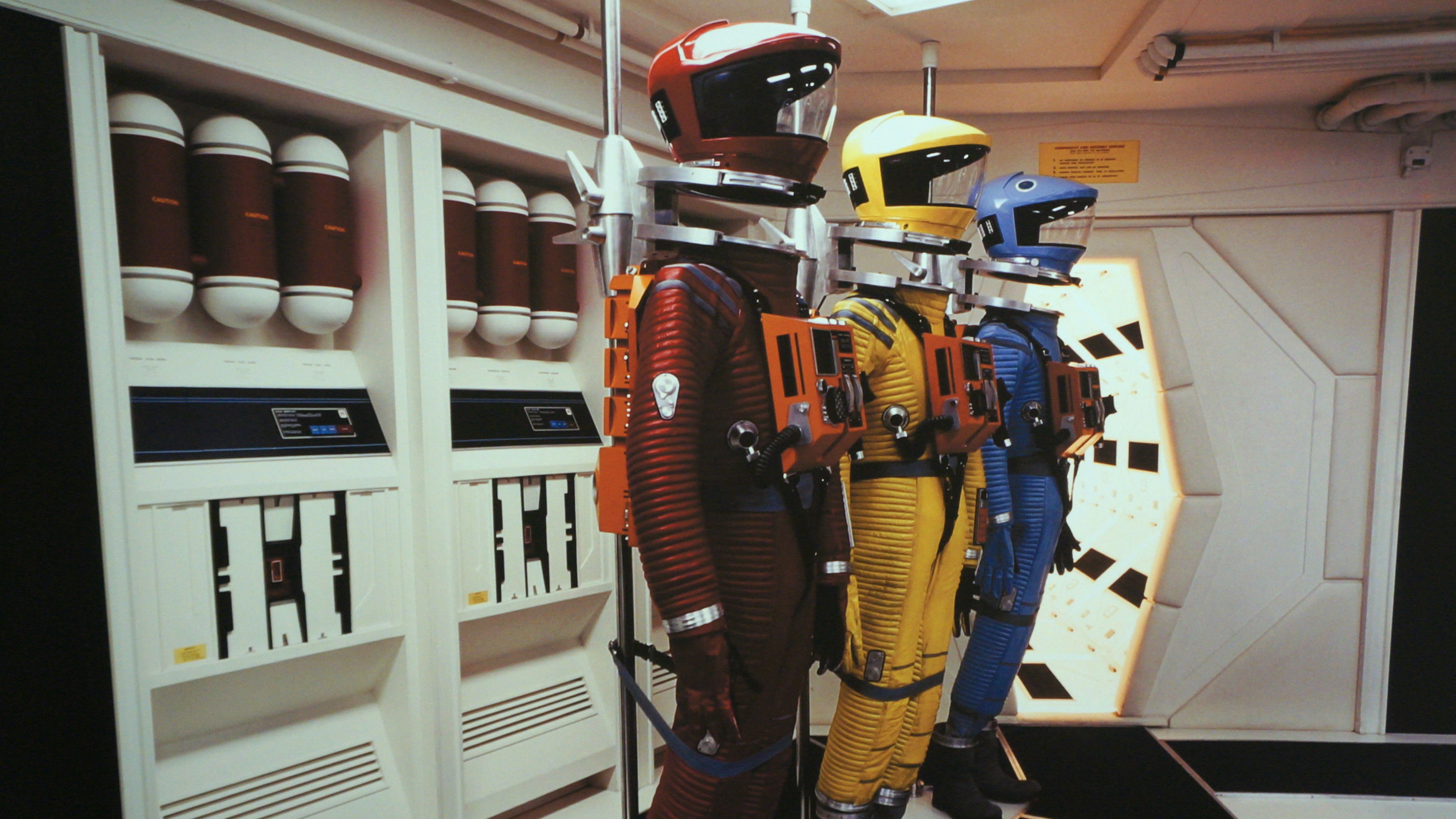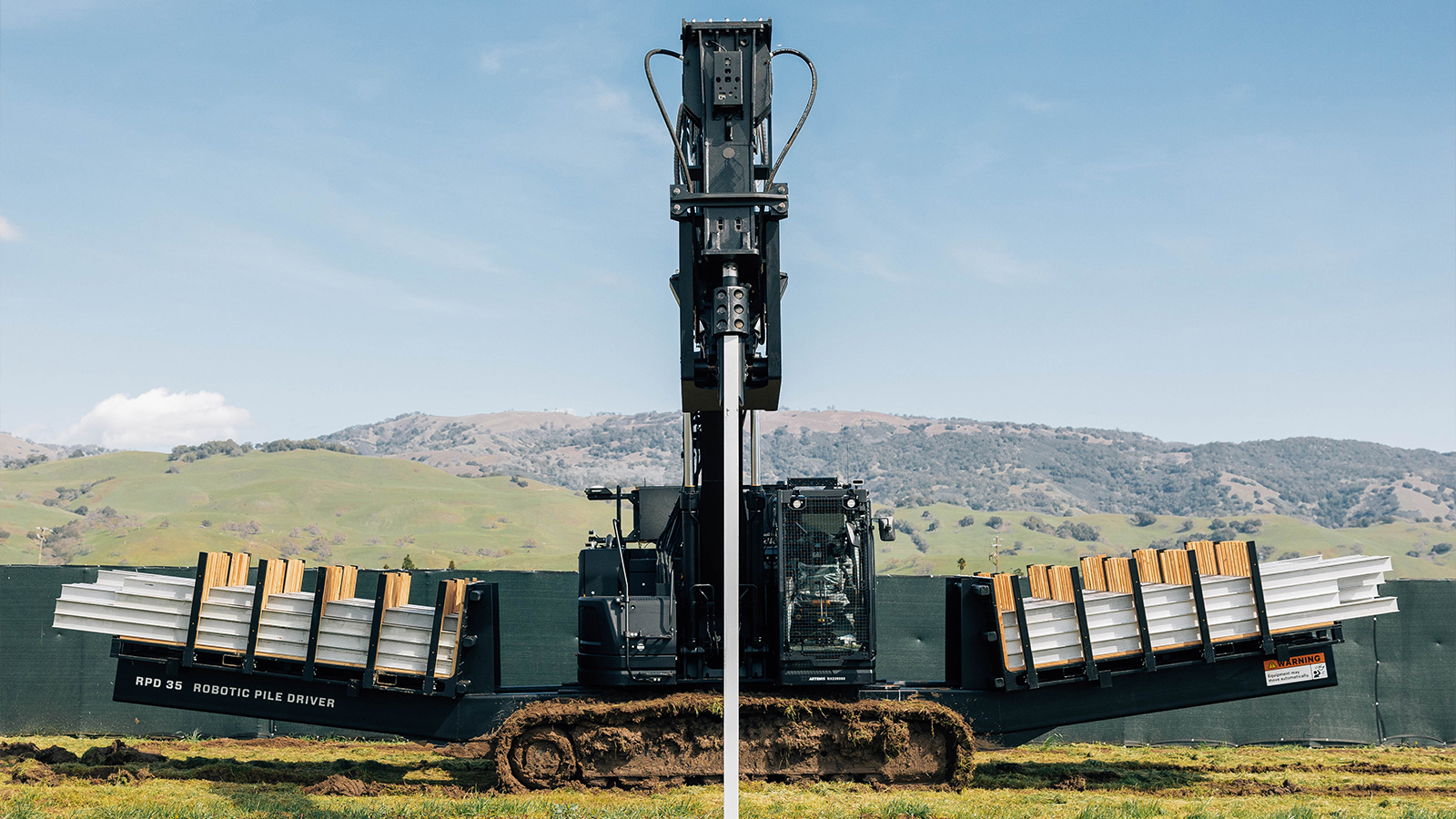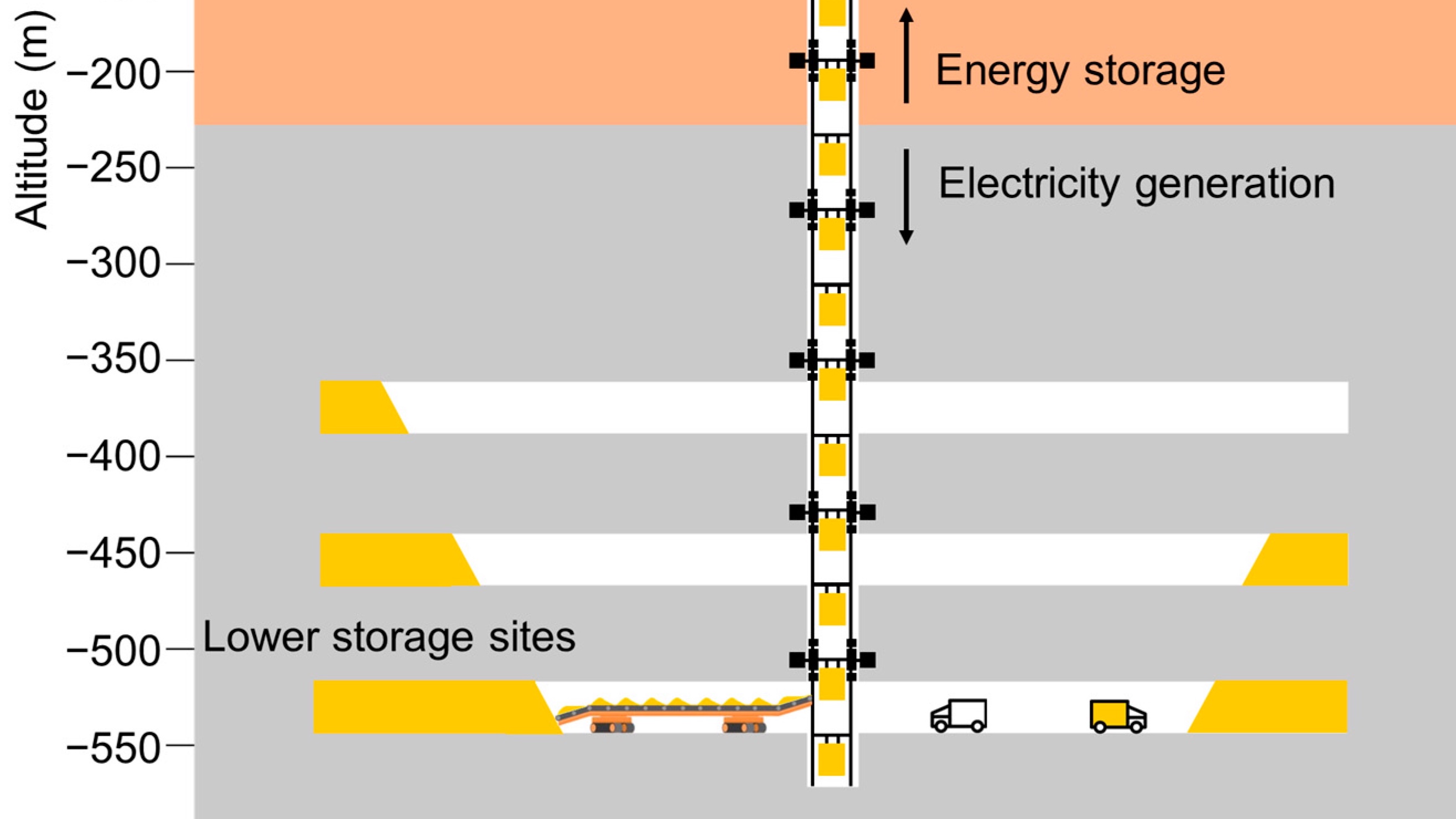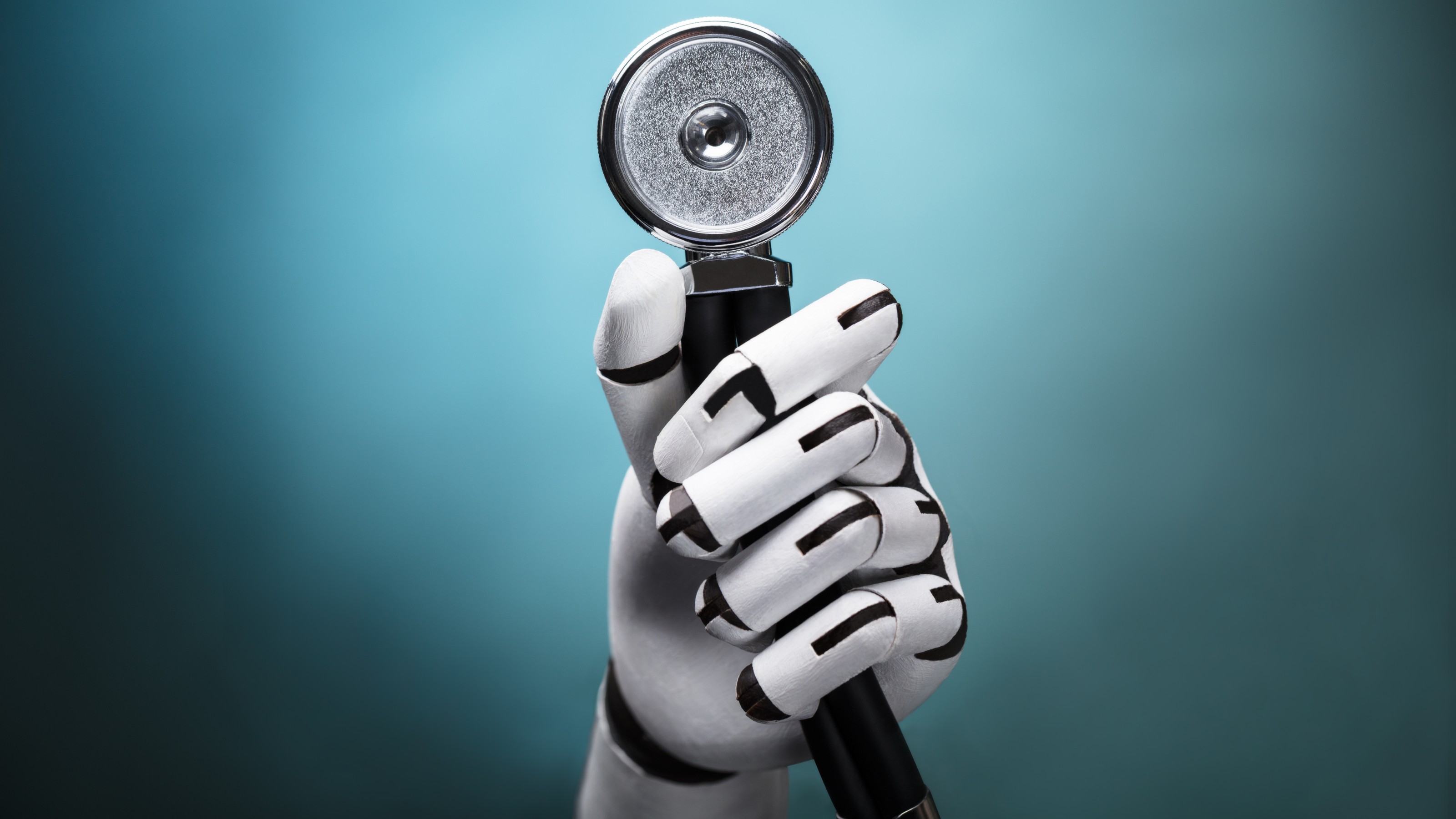The Future
All Stories
Experiments on suborbital rockets are revealing how to make a better iron furnace.
Time to rewrite our understanding of structural engineering.
Smarter building materials can control indoor temperatures without external power.
Whether you call it 10 quintillion, 10 million trillion, or 10 billion billion, it’s a 1 followed by 19 zeroes.
Ironically, the company did so using technology perfected by the oil industry.
AI programs like ChatGPT can create “thanabots” based on deceased loved ones’ digital communications, allowing us to talk with the departed.
It will be immensely difficult for the Bitcoin and Ethereum blockchains to protect their competitive edge if they do not pursue a radical change.
AI was the most divisive topic in a recent predictions tournament.
Invisible cloaks. Ghost imaging. Scientists are manipulating light in ways that were once only science fiction.
The $300,000 Model A is a true flying car — it can be driven on roads as well as flown in the air. And it’s one step closer to your garage.
The separation of pleasure from procreation may occur throughout the cosmos, providing an explanation for the Fermi Paradox.
The biggest nuclear blast in history came courtesy of Tsar Bomba. We could make something at least 100 times more powerful.
The material is both stronger and lighter than those used to make conventional power plant turbines.
But it’s still challenging to build a 22,000-mile elevator.
It’s like combining Google Translate with a time machine.
Lost in a building or underwater? A new muon-based navigation system could be your guide.
In history, every major technological advance has been used, for good and bad.
The idea that consciousness emerges naturally alongside intelligence could be an anthropocentric distortion.
From cosmetic procedures to heart operations, the introduction of AI will create an ethical minefield.
Who’s afraid of utopia? AI doubters have cold feet. History can warm them.
A team of scientists has warned that marketers seek to advertise in our dreams. Will our sleep be commercialized against our wishes?
Named “Phoenix,” this AI-powered humanoid could be your next coworker.
While many imagine terrifying futures run by AI, Rohit Krishnan is quietly identifying real problems and solutions.
If we manage to avoid a large catastrophe, we are living at the early beginnings of human history.
Science fiction movies capture a classic human flaw: getting the future mostly wrong.
Large language models are an impressive advance in AI, but we are far away from achieving human-level capabilities.
The robot can drive heavy steal beams into the ground at a rate of 1 per 73 seconds, which will help expedite solar farm construction.
Old coal mines can be converted into “gravity batteries” by retrofitting them with equipment that raises and lowers giant piles of sand.
A panel of healthcare professionals much preferred responses that came from the chatbot in a recent study.
As the stream of AI-generated art turns into a deluge, NFTs could become a cornerstone of the Virtual Renaissance.
